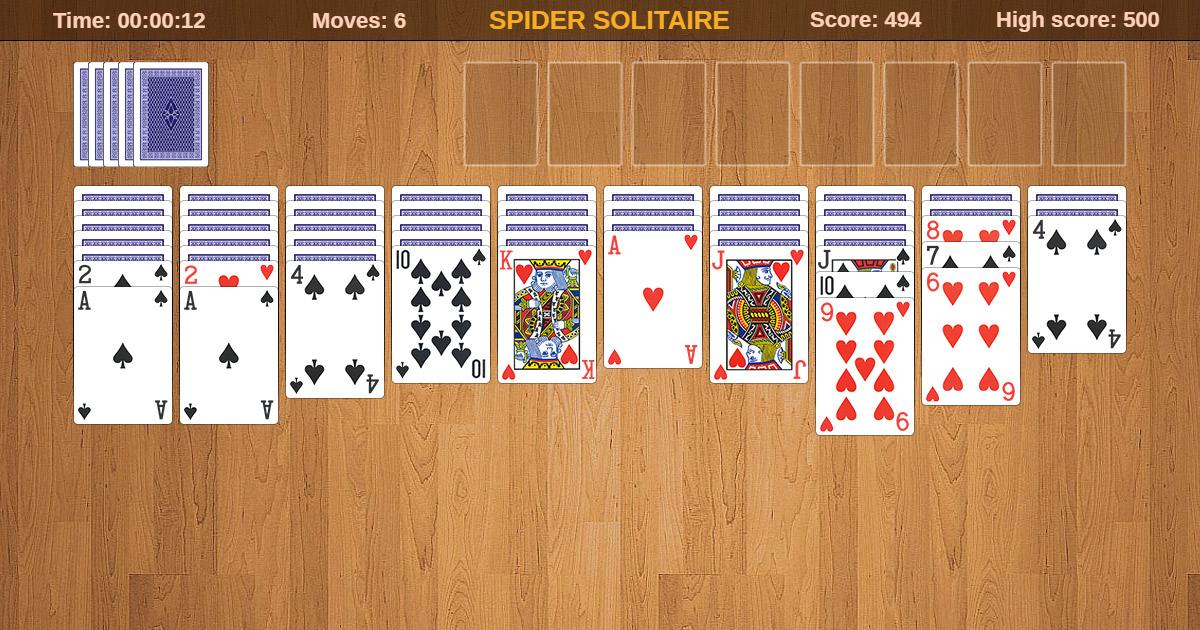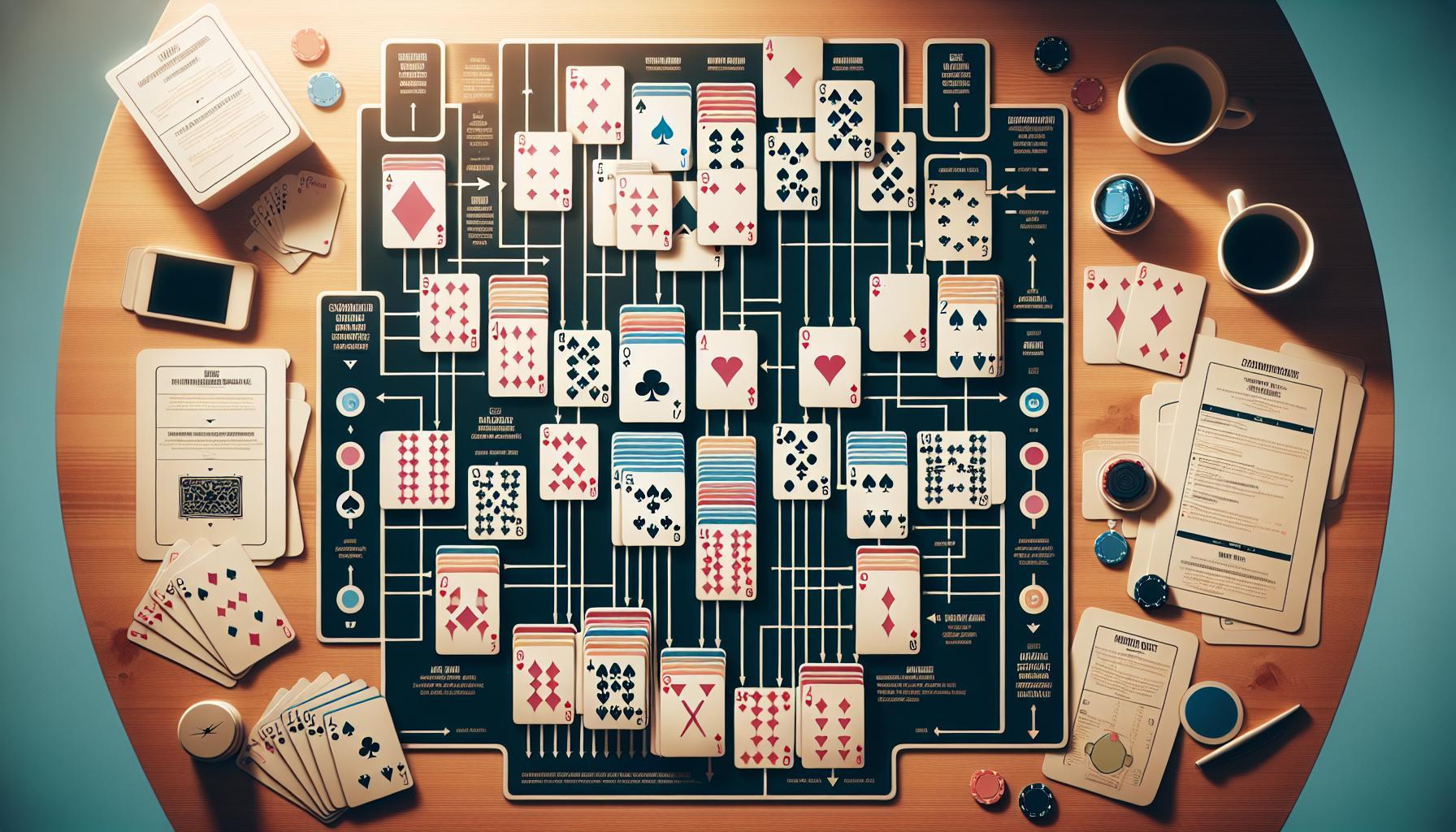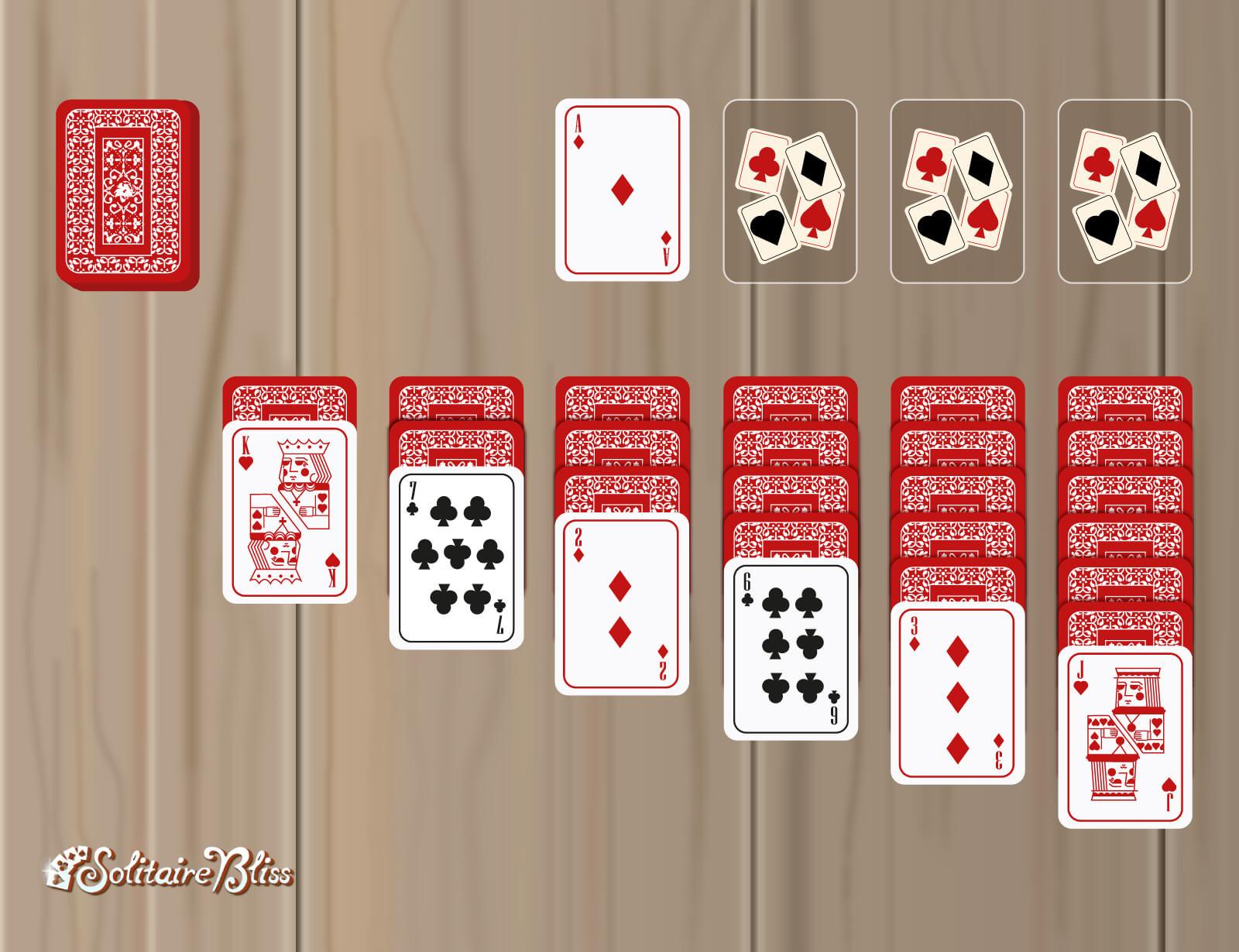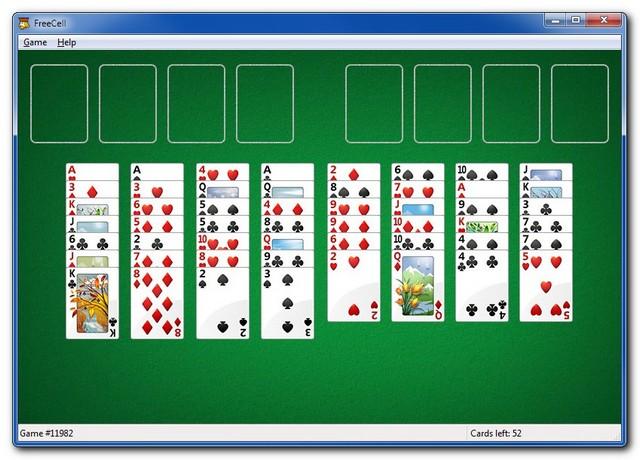how many solitaire games are unwinnable

Title: The Enigmatic Nature of Solitaire: Unveiling the Unwinnable
In the realm of card games, few titles hold the same enduring charm and complexity as Solitaire. Often seen as a solitary refuge—from the hustle of daily life or the clamor of social gatherings—this game invites players into a world of strategy, patience, and sometimes, frustration. Yet, amid the tranquility of flipping cards and the thrill of constructing winning stacks, lies an unsettling truth: not every game of Solitaire is winnable. This article embarks on a journey to explore the intriguing landscape of unwinnable Solitaire games, shedding light on the factors that contribute to their inevitable defeat and offering insights into the delicate balance between luck and skill that defines this classic pastime. Join us as we delve into the statistics, strategies, and serendipities that make Solitaire a captivating puzzle—and a reminder that not every challenge leads to victory.
Unveiling the Odds of Solitaire: A Statistical Exploration
In the realm of Solitaire, debates often arise regarding the odds of encountering unwinnable games. Statistically, it’s estimated that around 79% of randomly dealt Klondike Solitaire games are solvable. This suggests that roughly 21% can be classified as unwinnable. A core element in determining whether a game can be won lies in the specific arrangement of cards, which often leads to blockages that arise from the rules governing play. Factors contributing to these unwinnable scenarios include:
- Unfavorable card placements
- Redundant cards in the tableau
- Access limitations to face-down cards
To explore these odds further, a simulation of thousands of Solitaire games was conducted, yielding insightful data. When visualized, the results demonstrated distinct patterns in unwinnable challenges. Below is a concise representation of gameplay outcomes:
| Outcome | Percentage |
|---|---|
| Winnable Games | 79% |
| Unwinnable Games | 21% |

Understanding the Mechanics Behind Unwinnable Games
In the world of solitaire, players often face the unsettling reality that not all games are winnable. Factors influencing the outcomes are embedded in the structure of the game itself. Here are some key points to consider:
- Random Distribution: The initial shuffle of cards can create scenarios where no viable moves exist, making the game unwinnable from the start.
- Game Versions: Different solitaire variants, like Klondike or Spider, have unique rules and card arrangements, affecting how many games can be ultimately won.
To further illustrate how unwinnable games manifest, consider a simplified table that outlines the distribution of playable versus unwinnable games across popular solitaire versions:
| Solitaire Version | Approx. Unwinnable Games (%) |
|---|---|
| Klondike | 20% |
| Spider | 15% |
| FreeCell | 0% |
Understanding these mechanics is crucial for players as they navigate their strategies, highlighting that luck and decision-making go hand in hand in this timeless card game.

Strategies to Enhance Your Winning Potential in Solitaire
To elevate your winning chances in Solitaire, first and foremost, practice patience. Rushing your moves can lead to missed opportunities and errors that can cost you the game. Take time to analyze the board before making decisions, and always look for hidden cards that can unlock new moves. In addition, managing your deck and card movements strategically is crucial. Consider flipping cards from the stack in a calculated way to create more playable options, and try to keep your tableau organized to avoid confusion in later moves.
Another effective strategy involves utilizing the undo feature when available. This tool allows you to backtrack your steps and evaluate the consequences of your moves without any penalties. Moreover, developing a keen eye for recognizing patterns can significantly enhance your gameplay. Practice recognizing configurations that commonly arise and be ready to respond effectively. Consider maintaining a mental note of potential winning paths while understanding that not all games are winnable. Keep a positive mindset and learn to enjoy the process of playing, as it will ultimately improve your skill and winning potential.

Accepting Defeat: The Psychology of Playing Unwinnable Solitaire Games
In the realm of solitaire, the thrill often lies in the game’s unpredictability. Players embark on each new endeavor with a sense of hope, confident in their skill to navigate the challenges presented. However, the harsh reality is that many solitaire games are inherently unwinnable. This leads to an intriguing psychological landscape where players grapple with the tension between ambition and acceptance. The moment one realizes that their meticulously planned strategy has collapsed, it forces a confrontation with defeat. This emotional turmoil can trigger reflective thought processes about resilience and tolerance for failure, pushing players to reassess their understanding of what it means to win or lose in a game designed for solitude.
Acceptance of defeat not only influences individual gameplay but also informs our broader perspectives on challenge and perseverance. In unwinnable games, players are invited to appreciate other aspects, such as the enjoyment of the process, the beauty of a well-executed move, and the opportunity for continual learning. This mental shift can be vital in transforming a frustrating experience into a more enriching one. By embracing the uncertainty and chaos that comes with unwinnable solitaire, players might find deeper meaning in their gameplay. Here are some key aspects of this psychological journey:
- Adaptability: Learning to adjust strategies based on game progression.
- Mindfulness: Focusing on the present moment rather than future outcomes.
- Growth Mindset: Viewing losses as opportunities for personal development.
Key Takeaways
As we draw the curtain on our exploration of unwinnable solitaire games, it becomes clear that this classic pastime is as much a puzzle of the mind as it is a test of luck. Whether you find solace in the rhythmic shuffling of cards or the solitary challenge they present, understanding the limitations of the game enhances our appreciation for each victory—and each defeat. With countless possible arrangements, the beauty of solitaire lies not only in the thrill of winning but also in the acceptance of the unwinnable. So, the next time you sit down for a game, remember: every shuffle holds the promise of possibility, even if certain paths lead to a dead end. Embrace the challenge, revel in the strategy, and cherish each attempt, whether triumphant or unsolvable. Happy playing!

Leave a Reply